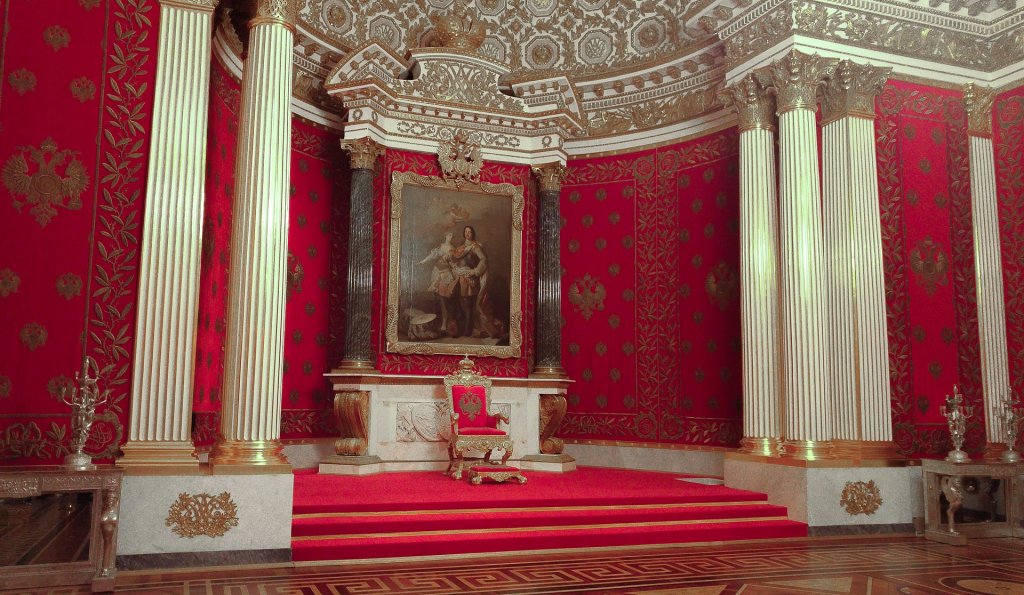Putin’s War is Stuck, Beware The Rising Risks- Pavel K. Baev

Data on the
concentration of Russian troops was solid; the diplomatic offensive executed by
Moscow was deliberately disagreeable; yet, many experts (myself including) refused
to accept the proposition on the coming war as “inevitable”. Denials streaming
from the Kremlin were never convincing, but President Vladimir Putin’s
reputation as a shrewd pragmatist still clashed with the forecasts that he
could commit a blunder of such monumental proportions. In the matter of five
days, if not already in day one of the full-blown hostilities, it has become
clear that the scale of obstacles and damage goes far beyond the unduly
optimistic risk-calculus in Moscow.
Every student of Clausewitz (who has a place of prominence in Russian strategic culture) knows that wars rarely go according to plans; this one, however, never had a chance to register a success.
Every student of Clausewitz
(who has a place of prominence in Russian strategic culture) knows that wars
rarely go according to plans; this one, however, never had a chance to register
a success. Its basic assumptions on own strength and enemy’s weaknesses are too
deeply flawed, and Putin’s underlying proposition that Ukraine is not a real
state, but just an “artificial construct” that would collapse under direct
pressure, is inevitably proven wrong. His courtiers were afraid to say a word
of disagreement, but the top brass should have known better than to kowtow to
the Commander-in-Chief. Defense Minister Sergei Shoigu is the only person in
the Kremlin court with own reputation and support base, and he saw plenty of
man-made disasters in his previous job as minister for emergencies. General
Valery Gerasimov, the chief of the General Staff, gained fame for his
theorizing on “hybrid wars”, but he knew that Russian army has only limited
experience in and capacity for fighting a large-scale conventional war. Both,
however, opted to report readiness for conquering Ukraine, and now have to
answer for the setbacks.
If Putin’s track
record in power projection experiments tells us anything about this
extraordinary crisis, it is that he is set to double the stakes and blame the
West for the severe consequences. The latter is partly true, even if the main
cause of the derailment of Russian war plans is the fierce resistance of
Ukrainian army as well as civilian population. Putin has clearly miscalculated
the strength of NATO unity and the US leadership, expecting only modest
sanctions and plentiful lamentations. Now he has to respond not only to the
debilitating distortion of Russian financial system, but also to such punishing
measures as the possible closure of the Turkish Straits to the Russian Navy.
The response quite probably would involve curtailing or even complete stop to
the supplies of Russian natural gas to Europe, but this is hardly going to
undermine the NATO resolve.
Putin’s stakes in
this unwinnable and unnecessary war cannot be higher, and he needs to
demonstrate decisive success in the shortest possible time, before the heroic
Ukrainian resistance and expanding Western engagement with it undercut the far
from solid domestic support for the aggression. The Kremlin has taken the
ability to suppress all anti-war protests for granted, and repressions can indeed
be intensified, but nothing resembling a “patriotic mobilization” can be
orchestrated. This may turn out to be the most serious of miscalculations, and
the only way to negate it available for the war cabal in Moscow is to deliver
something resembling a victory, first of all in Kyiv and Kharkiv. Massive use
of airpower is necessary for breaking the defenses in these major urban
centers, and this upping of brutality is certain to bring more outrage in and
punishing measures from the West.
Pushed in the
corner, Putin may resort to desperate manoeuvres and opt for brandishing his
much-advertised nuclear instruments, first of all non-strategic weapons. A
strike remains in the domain of unthinkable, but deploying nuclear warheads to
Crimea and moving them on board of combat ships are steps that could be
executed already in the next week. Western politicians and Russia’s neighbours
to the South and East need to take measure of the risks that until the outbreak
of the first major war in Europe in 75 years appeared too high to contemplate.
The most immediate task is clear: to help Ukraine to defend its sovereignty and
territorial integrity. The Ukrainian stand for the right cause, and every day
that the defiant yellow-blue flag keeps flying over Kyiv brings their victory
closer. Putin’s regime is unlikely to survive the humiliating defeat, and this
sets up the next, and perhaps even more difficult task: to ensure that this
breakdown would not signify a catastrophe for Russia and an unmitigated
disaster for the world.

Pavel K. Baev, Dr., Peace Research Institute, Oslo (PRIO)
Dr. Pavel K. Baev is a Research Professor at the Peace Research Institute, Oslo (PRIO). He is also Senior Non-Resident Fellow at the Center for the U.S. and Europe at the Brookings Institution (Washington D.C.), Senior Associate Researcher at the Institut Français des Relations Internationales(IFRI, Paris), and Senior Associate Research Fellow at the Italian Institute for International Political Studies (ISPI, Milan). His research interests include the transformation of the Russian military, the energy and security dimensions of the Russian-European relations, Russia’s Arctic policy, Russia-China partnership, post-Soviet conflict management in the Caucasus and the Caspian Basin, and Russia’s Middle East policy, which is supported by the Norwegian Foreign Ministry. He writes a weekly column in Eurasia Daily Monitor.
To cite this work: Pavel K. Baev, “Putin’s war is stuck, beware the rising risks”, Panorama, Online, 28 February 2022, https://www.uikpanorama.com/blog/2022/02/28/putin-stuck/
Copyright@UIKPanorama. All on-line and print rights reserved. Opinions expressed in works published by the Panorama belongs to the authors alone unless otherwise stated, and do not imply endorsement by the IRCT, Global Academy, or the Editors/Editorial Board of Panorama.